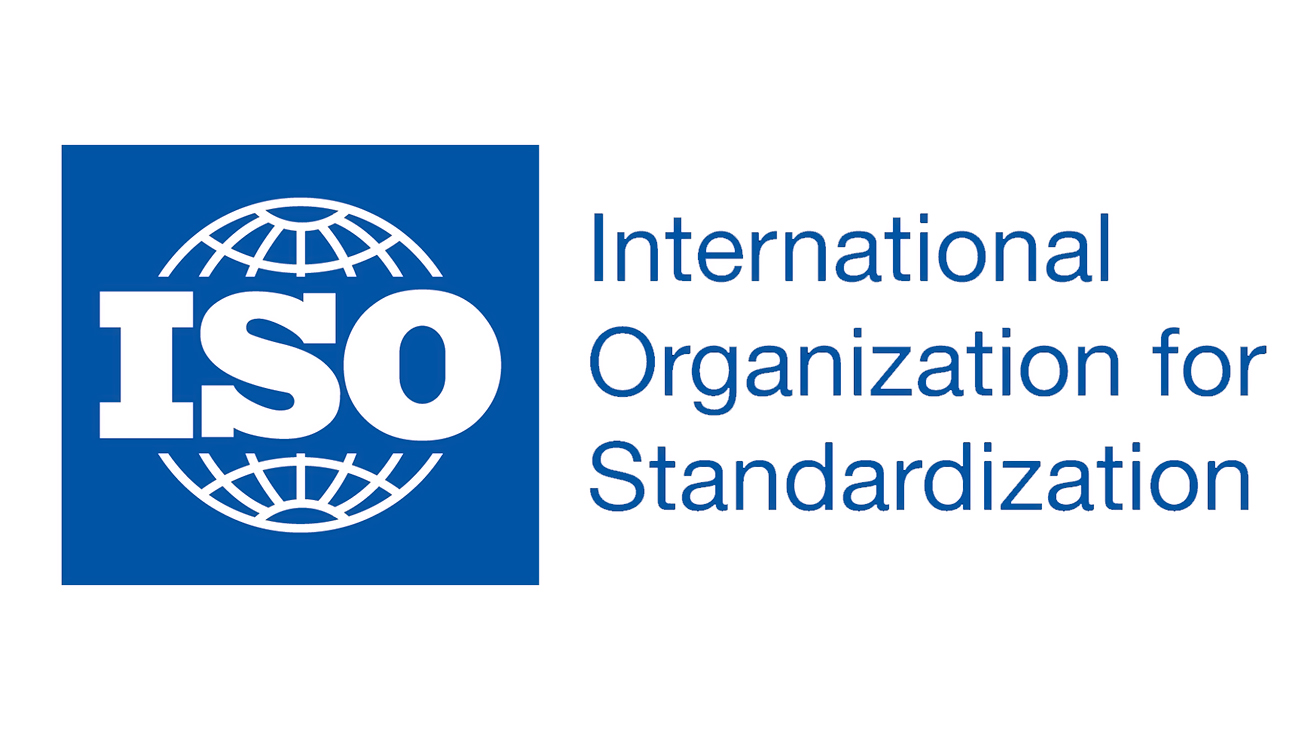The world of cryptocurrencies and blockchain technology has been evolving rapidly over the past decade, and some of the most prominent players in the space are Bitcoin, ERC20, and Ripple. These digital assets have made significant strides in revolutionizing the way we conduct financial transactions and have garnered widespread attention from both individuals and institutions. As the global adoption of cryptocurrencies continues to grow, there are discussions and initiatives underway to consider whether these blockchain-based assets should be standardized by the International Organization for Standardization (ISO). In this article, we explore the potential implications and benefits of standardizing Bitcoin, ERC20, and Ripple.
ISO Standards and Their Importance
The International Organization for Standardization (ISO) is an independent, non-governmental international organization that develops and publishes standards to ensure consistency, safety, and efficiency across various industries and technologies. ISO standards facilitate interoperability, promote innovation, and enhance global trade.
In the context of cryptocurrencies, having ISO standards can provide numerous advantages. Standardization would ensure uniformity, improve security measures, and foster greater trust in the technology. Additionally, it could ease regulatory concerns, simplify cross-border transactions, and enhance the integration of cryptocurrencies with traditional financial systems.
Bitcoin and ISO Standardization
Bitcoin, the world’s first decentralized digital currency, has come a long way since its inception in 2009. As a pioneer in the space, it has achieved significant recognition and adoption worldwide. Bitcoin’s potential inclusion as an ISO standard could pave the way for a more harmonized approach to its usage and regulation across the globe.
Standardizing Bitcoin could establish a common framework for transaction verification, wallet security, and blockchain implementation. It could also lead to better collaboration between governments and regulatory bodies, fostering a more conducive environment for the widespread acceptance of Bitcoin as a legitimate asset class.
ERC20 Tokens and ISO Standardization
ERC20 is a widely adopted standard for creating tokens on the Ethereum blockchain. Thousands of tokens, including stablecoins and utility tokens, are built upon this standard. As the DeFi (Decentralized Finance) sector gains momentum, many ERC20 tokens are becoming integral components of innovative financial applications.
By becoming an ISO standard, ERC20 tokens could experience increased credibility and trust among investors and users. Standardization may address concerns related to token security, prevent malicious smart contract vulnerabilities, and enhance overall market confidence in the DeFi ecosystem.
Ripple (XRP) and ISO Standardization
Ripple, with its XRP cryptocurrency and RippleNet payment network, has positioned itself as a leading solution for cross-border payments and remittances. Its technology aims to enable fast, low-cost, and secure global transactions.
Standardizing Ripple’s technology could significantly impact the traditional banking and financial sector. By providing a standardized framework for cross-border payments, it may reduce transaction costs and settlement times, fostering greater financial inclusion worldwide.
Challenges and Considerations
While the prospect of ISO standardization for Bitcoin, ERC20, and Ripple is intriguing, there are several challenges and considerations that must be addressed:
- Technological Hurdles: The ever-evolving nature of cryptocurrencies and blockchain technology means that the standards may require frequent updates to keep pace with advancements.
- Regulatory Compliance: ISO standardization would require cooperation with various regulatory bodies to ensure compliance with local laws and regulations.
- Community Consensus: Achieving consensus within the cryptocurrency communities on standardized protocols may prove challenging, given the decentralized and diverse nature of these projects.
- Security Concerns: Standardization should prioritize robust security measures to safeguard against potential vulnerabilities and attacks.
Conclusion
The potential ISO standardization of Bitcoin, ERC20, and Ripple marks a significant step towards the mainstream acceptance of cryptocurrencies and blockchain technology. While challenges exist, the benefits of standardization in terms of interoperability, security, and global integration cannot be ignored.
Standardizing these digital assets would not only enhance their credibility but also drive innovation and open up new possibilities for global financial systems. As discussions progress, it is essential for the cryptocurrency communities, technology developers, and regulatory bodies to collaborate effectively to establish well-defined standards that propel the industry forward responsibly and sustainably.

